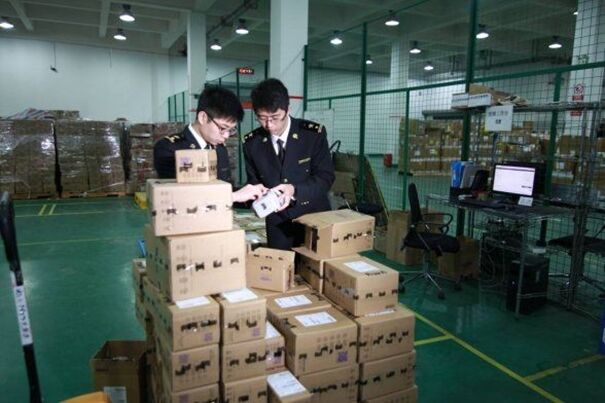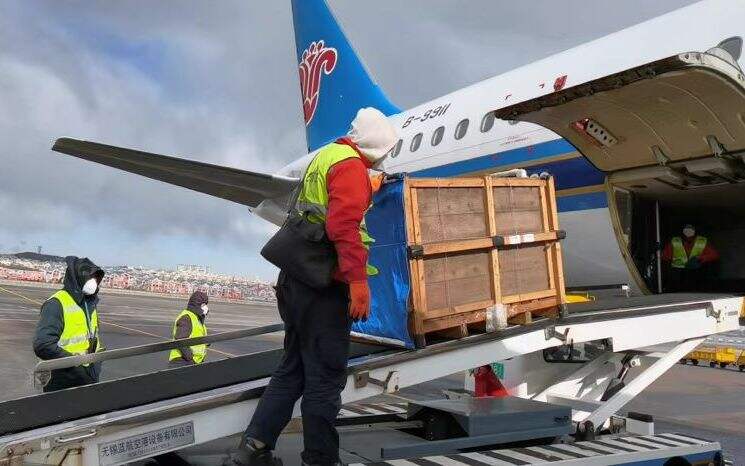ocean freight transportation
Ocean freight transportation represents a cornerstone of global commerce, serving as the primary method for moving goods across international waters. This sophisticated logistics system combines advanced vessel technology, intricate routing algorithms, and state-of-the-art tracking systems to ensure efficient cargo movement worldwide. Modern container ships, equipped with GPS navigation and weather monitoring systems, can transport thousands of containers simultaneously, making it the most cost-effective option for large-scale international shipping. The industry employs various vessel types, including container ships, bulk carriers, and specialized vessels, each designed to handle specific cargo types. Advanced port facilities complement these vessels with automated loading systems, digital documentation processes, and real-time cargo tracking capabilities. The system operates through a network of major shipping routes, connecting key ports across continents while optimizing fuel consumption and delivery times. This transportation method handles approximately 90% of world trade, utilizing standardized containers that facilitate seamless intermodal transfers between ships, trucks, and trains. The integration of digital technologies has revolutionized ocean freight management, enabling real-time shipment tracking, automated customs documentation, and efficient route planning based on weather conditions and port congestion data.


